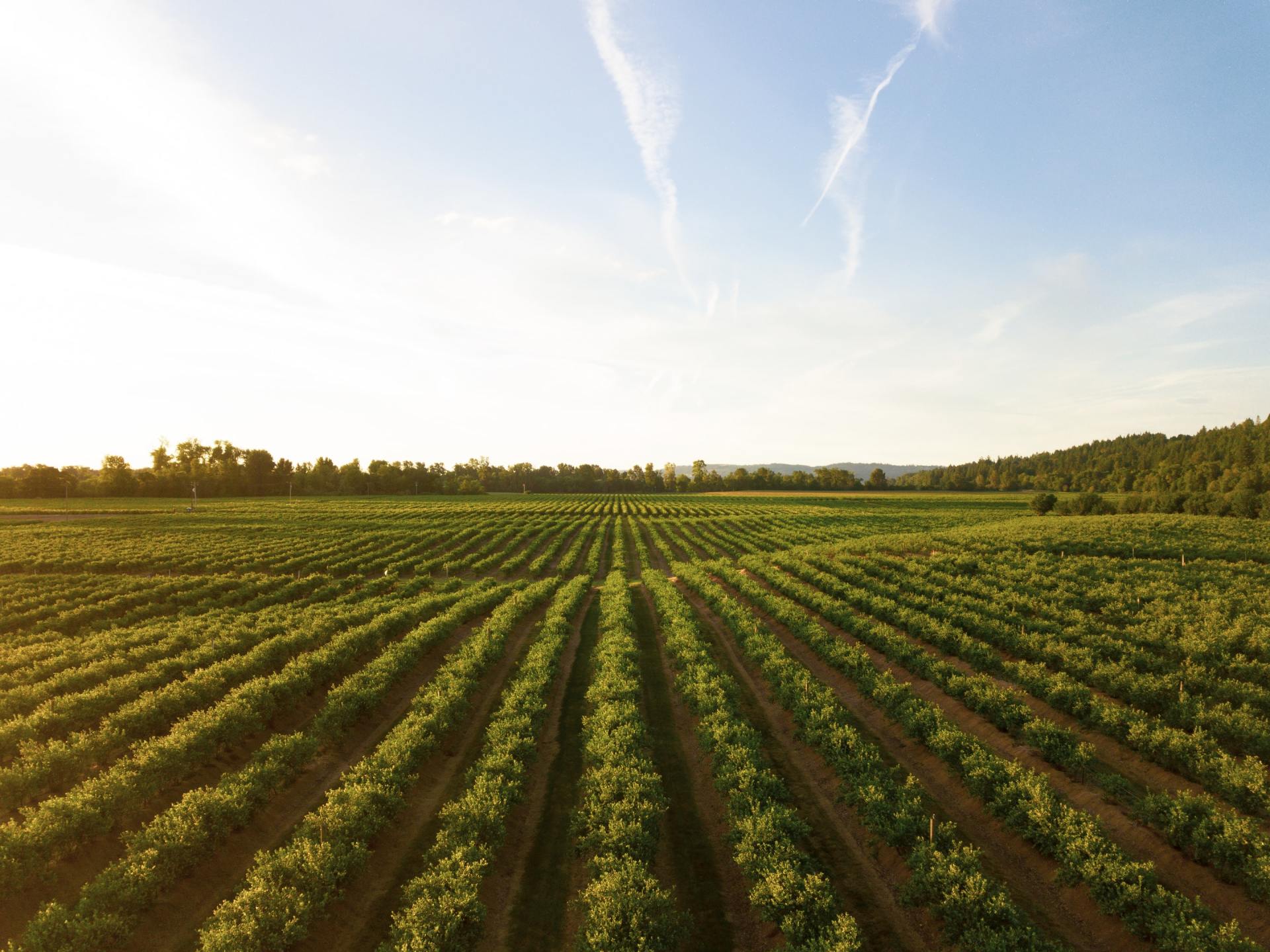
Safety In the Handling on Chemicals Is of Paramount Importance
Blog » Safety In the Handling on Chemicals Is of Paramount Importance
Chemicals comprise several benefits to us however they require harm to the pest we are targeting in order to achieve our purpose. As a result they hold the potential to cause harm to the user. Chemical handling courses are crucial to ensure that we are adequately equipped with the knowledge to derive the maximum efficiency out of every chemical procedure and avoid losses. Hazardous chemical safety training qualitatively looks at how all living organisms are made from chemicals and how we depend on chemistry for our very existence—including the ground we walk on to the air we breathe that are made from chemicals and chemical compounds.
Is chemical accreditation training suitable?
Those who use agricultural and veterinary chemicals in a workplace are mandated to learn how to meet their obligations in the safe transport, storage handling, and application of chemicals. It includes farmers, large and small landholders, producers, contract sprayers, grounds and maintenance staff, Landcare and NRM staff, greenkeepers, vegetable growers, rural pest management staff, poultry farmers, and orchardists. Therefore, some prior experience in the environments mentioned above is helpful.
Every office, workplace, factory, warehouse or plant uses chemicals in some capacity. These chemicals range from mild cleaning agents to highly corrosive, flammable, and poisonous substances that are used for various processes and applications.
What does this course cover?
Overall, the emphasis is on the continued safe usage of chemicals in meeting legal obligations and requirements and assisting work safety and working economically with chemicals. The detailed calibration of spray applicators is a vital part of the training. These two units of competency are combined through a single course, via a training guide, course, or one-day workshop:
- AHCCHM304 Transport and store chemicals
- AHCCHM307 Prepare and apply chemicals to control pests, weeds and diseases
- Legislation and licensing
Scope of Learning
- Globally harmonised system: dangerous goods
- labels and safety data sheets
- Pesticides and toxins hazards and toxicity: LD50/LC50
- Integrated pest management courses
- The handling, applying chemicals, mixing, and use of personal protective equipment
- The chemical transport, disposal, storage, spills, record keeping, and risks
- Equipment and calibration
Chemical accreditation safety courses are packed with the latest upgrades in the various safety regulations and procedures? Ordinarily, this customised course is intended to:
- Help to continue to meet requirements for quality-assurance programs
- Provide you with updated chemical accreditation knowledge
- Teach according to up-to-date WHS obligations
Depending on where you live, it may require a license to carry out the ground distribution of chemicals on land not mainly owned by you or your family. Thus, each state has particular requirements. In Queensland, this is the recognised commercial operator license obtained from the Department of Agriculture and Fisheries.
There are three units in this course that are needed to apply for a commercial operators' license:
- AHCCHM307 Prepare and use chemicals to control pests, weeds and diseases;
- AHCCHM304 Transport and store chemicals;
At Country Co, we continue to train various industries to ensure safety in applying, storing, and recording chemicals in the workplace through nationally recognised courses. Our small team ensures chemical safety and correct procedures by building on the legacy of providing quality face-to-face chemical safety training to various regional and rural businesses throughout Queensland and New South Wales. Contact us today to learn more.
** As of September 2021 only AHCCHM307 and AHCCHM304 are required for ACDC licence. Control Weeds has been removed but is still required as part of the chemical accreditation for cattle and cane farmers in Wet Tropics, Burdekin and Mackay-Whitsunday catchments as part of the reef guidelines.

